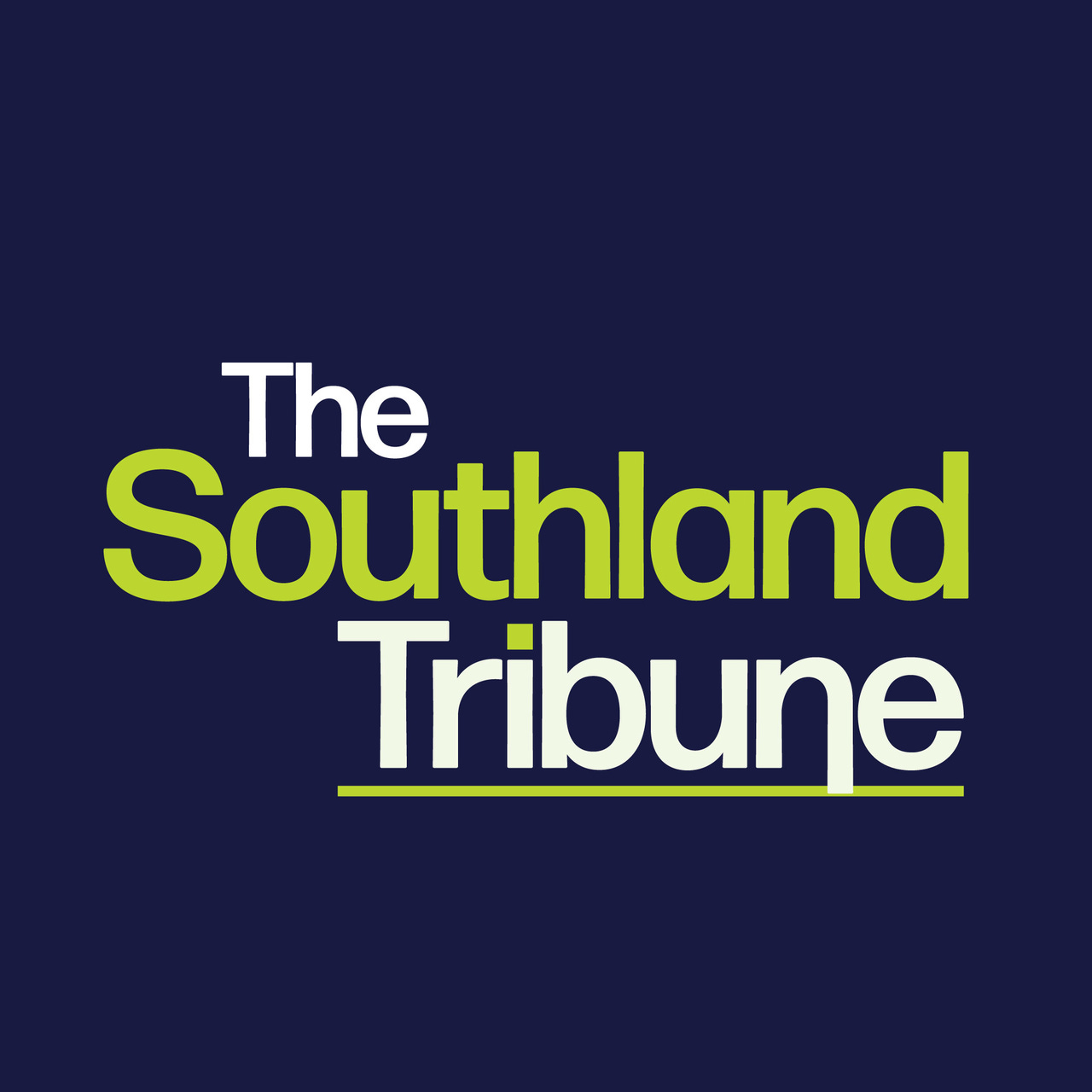'It doesn’t make any sense': Council 'aiming for the rocks'
“If you took this business plan, from a commercial business, and went to my bank and said this was my protection for the next 10 years, they would throw it back at me and walk away."
Sign up to receive the Southland Tribune editions direct to your email inbox.
A Southland District Councillor says the organisation is like a ship’s captain plotting a course towards the rocks.
The council on Wednesday approved its 2024-2034 long-term plan consultation document to be released for public feedback.
It includes a 13.66% average Southland district rate increase for 2024/2025.
The council is also planning for a significant increase in debt over the next 10 years.
It’s a situation most around the council table was not comfortable with - some more so than others.
Cr Derek Chamberlain spoke passionately about the draft document. He went as far as saying he did not want to put his name to the plan and the council should look at ditching the 10-year plan and instead work year to year.
“If you took this business plan, from a commercial business, and went to my bank and said, ‘this was my projection for the next 10 years’, they would throw it back at me and walk away.
“It doesn’t make any sense at all that you can balloon from $20-odd million to $260-odd million [debt] in 10 years.”
“It’s rinse and repeat. We need get down into the functions of the council and look if there is a better way of doing things.”
Chamberlain said the public would put on a spotlight on all of the council spending on the back of the consolation document and the heat would go on.
Councillor Don Byars said it didn’t make any sense to be “aiming for the rocks.”
“That’s what we are doing, we are charting a course for the debt ceiling and when we hit that debt ceiling, what do you think is going to happen to the community?” Byars said.
“How is that going to affect the community when they a responsible for $260m worth of debt, and whatever the interest is then.
Mayor Rob Scott said instead of “whinging and moaning” the council needed to come up with solutions, he quizzed Byars what his solution would be.
“At what point does this council challenge themselves, or challenge ourselves, to reduce the spending,” Byars responded.
“We are encouraged to believe we have got a funding problem. It is not a funding problem; it is a spending problem. We are spending too much money.
“How about challenging ourselves to reduce some of the costs so we can afford some of these water infrastructures, so we can afford some of the spending on the roads.
“Reduce the spending, but we haven’t focused on that at all.”
Council staff pointed out at the meeting that the planned increase in debt was to upgrade what it will be required to do to treat wastewater and discharge it to land.
Scott did believe there was a funding problem for local government.
“We are not alone in this; it is a sector wide issue. When you look at our proposed rates increase of 13.6% it is coming in under the national average,” Scott said.
“There is a affordability funding crisis for local government. We are a very centralised country when it comes to the taxation split of 92% raised and spent in Wellington, and we get the other 8% to do a growing amount of work.
“There needs to be national conversations around how that funding is going.”
Included in the Long-term Plan document is a cost-saving option to reduce levels of service on road maintenance while continuing to rebuild the 134 bridges that need to be replaced before 2034.
The effect would be that maintenance and resurfacing of some roads would not be done, there would be some reduced speed limits and some low use sealed roads would revert to gravel.
There is a proposal to seek extensions of resource consents for some wastewater plants that are coming due for upgrades over the next 10 years, in order to temporarily delay that work to reduce spending within the long-term plan (LTP) period.
This would help to ease pressure on council’s borrowing limits.
Different levels of district-wide funding of Te Anau Airport Manapōuri are being consulted on.
This follows a review of the airport’s operations which recommended establishing a more commercial operation for what is considered a district strategic asset. Currently Fiordland community ratepayers are funding the shortfall in revenue required to keep the airport operational.
Feedback is also being sought on several options for glass recycling. Government legislation requires councils to do kerbside collection of glass by 2027.
The consultation period runs from 5 June until 5 July, with hearings scheduled on 16-18 July.








Well said mr mayor.stop the whinging and moaning and come up with some answers.on paper it looks good if councilors complain about rates increases,that is not why you were elected.do something about it.the present government is laying off staff in all directions...do you have too many staff?cost cutting is the only answer.its what has to happen in private enterprises. Otherwise leave things as they are and we can all whinge and moan.